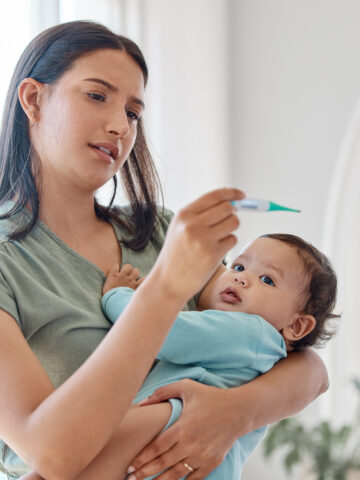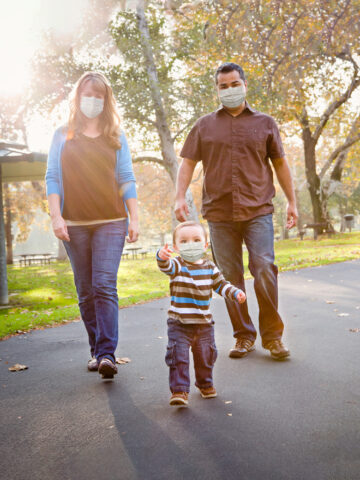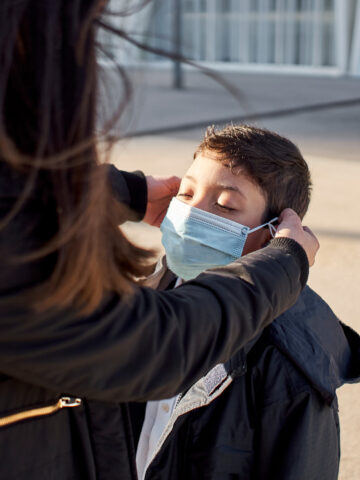Answers to Frequently Asked Questions
What Is Coronavirus (COVID-19)?
At the end of 2019, a new type of coronavirus began making people sick with flu-like symptoms. The illness is called coronavirus disease-19 — COVID-19 for
short. The virus spreads easily and has now affected people in many countries.
COVID-19 causes a fever, cough, and trouble breathing. Some people might have:
- A sore throat
- Chills
- Repeated shaking with chills
- Muscle pain
- Headache
- Loss of taste or smell
- The virus can be more serious in some people.
How Does Coronavirus (COVID-19) Spread?
People can catch coronavirus from others who have the virus. This happens when an infected person sneezes or coughs, sending tiny droplets into the air.
These can land in the nose, mouth, or eyes of someone nearby, or be breathed in.
Is Coronavirus (COVID-19) Dangerous to Children?
Experts are still learning about COVID-19. There are far fewer cases of the virus reported in children. Most of them caught the infection from someone they lived with or a family member. The virus seems to usually cause a milder infection in children than in adults or older people. But there have been cases of kids developing more serious symptoms, sometimes several weeks after being infected with the virus.
Call your doctor if your child or someone in your family has a fever, cough, belly pain, vomiting, diarrhea, rash, dizziness, or is just not feeling well. Tell the doctor if they have been near someone with COVID-19 or lived in or traveled to an area where lots of people have the coronavirus.
Make sure your children have all their vaccinations. Protect them against illnesses like measles and the flu. Kids who have another infection may have a harder time getting better if they do get COVID-19.
How Is Coronavirus (COVID-19) Treated?
Most people with COVID-19, including children, do not have serious problems.
They usually get better with rest and fluids. But it is important to keep kids with COVID-19 away from others who may have a harder time with the virus.
People who are very ill get care in a hospital with breathing help, IV fluids, and other treatments.
How Can I Protect Myself From Coronavirus (COVID-19)?
To protect yourself and your family:
- Keep your family home and away from others as much as possible.
- Avoid other people, especially those who are sick, and busy places until the outbreak is under control. Remember, COVID-19 can spread before a person has symptoms and even when someone has no symptoms.
- If you need to go out, cloth face masks on adults and kids over 2 years old can help slow the spread of the virus:
- Do not use a face mask meant for a health care worker because they’re needed in hospitals and doctor’s offices.
- To see how to put on and remove masks, clean them, or make your own cloth mask, check the CDC’s guide.
- Try to stay at least 6 feet (2 meters) away from other people.
- Wash your hands well and often. Wash for at least 20 seconds with soap and water or use hand sanitizer with more than 60% alcohol. Teach your kids to do the same.
- Try not to touch your eyes, nose, or mouth.
- Use a household cleaner or wipe to clean and disinfect surfaces and objects that people touch a lot.
- Follow recommendations from your local health authority, especially if there are people with coronavirus in your area.
Experts around the world are studying and tracking COVID-19 and are learning how to keep it from spreading.
Where Can I Learn More About Coronavirus (COVID-19)?
Check the Centers for Disease Control and Prevention (CDC) and World Health Organization (WHO) websites for up-to-date, reliable information about coronavirus.




